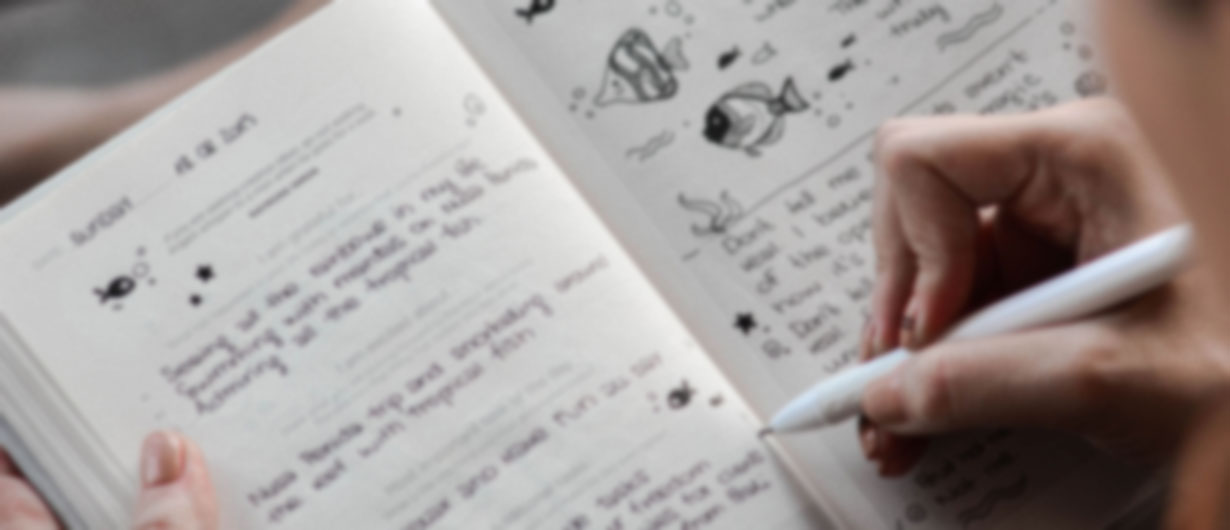
What helped me to overcome epilepsy
My name is Tayyibah and I grew up in Coventry.
I have an unusual form of epilepsy. My doctors told me that I was suffering medicine-resilient idiopathic epilepsy that was most likely to be genetic. This made me feel it was my fault.
Having epilepsy led to me experiencing discrimination. When I was 14, I suffered a breakdown due to the amount of bullying I was suffering from both teachers and students. Teachers were throwing me out of classrooms and labelling me as a ‘’living danger’’ and students who predominantly believed that a condition such as epilepsy was supernatural and labelled me as a ‘’devil’’. Teachers at the school indirectly promoted the bullying by laughing every time a student stereotyped me and said ‘‘it was inevitable that I would suffer discrimination.’’ The result of the serious bullying and my belief with the idea that my epilepsy was my fault, triggered a mental breakdown and an eating disorder.
I started starving myself, which eventually resulted in hospitalisation. I became bored in hospital. The fact that I was enclosed in four walls with nobody to talk to, as well all the thoughts about being bullied, made me feel isolated and lonely. This had a profound impact on my physical and mental wellbeing. I was refusing to accept that my relationship with food had changed for the worse and incapable of accepting that the severity of having a BMI that was dangerously low and could trigger seizures.
"Writing down my thoughts and feelings in my journal felt like time for me, where I could relax de-stress and wind down."
Two main things have helped me to overcome how I was feeling.
1. Writing a journal
Keeping a journal helped strengthen my will power. Through keeping a journal I got to know my inner self by revealing my most private fears, thoughts and feelings. Writing down my thoughts and feelings in my journal felt like time for me, where I could relax de-stress and wind down. It was a space to release all my worries and frustrations. I felt calm, less tense and anxious whilst writing in my journal as it helped me identify what was causing the stress and anxiety in my life. That then helped me to find ways to resolve the problems that were causing me distress.
Recording my mood in my journal helped me recognise patterns that could be triggers. Writing down how I felt and rating my mood on a numerical scale gave me the opportunity to look back over my moods to see what helps me feel great and what triggered a low mood. I found this helped create a positive mindset in me, improving my mood overall and helping increase my willpower to overcome my negative experience epilepsy.
2. Meditation
Mediation plays a huge part in my life. Whilst mediating, I feel at one with myself and feel spiritually closer to God. I believe meditation gives me greater awareness than just thinking or feeling. It helps me not to let emotions rule my life. Meditation gives me a sense of inner peace, by meditating, I feel an inner strength to keep hope and stay strong.
It took many years for me to finally accept that I had a negative relationship with food. I finally acknowledged that epilepsy was not my fault. My confidence in myself improved and as a result I went to university to study international leadership and management in health and social care. I want my story to motivate others and tell them that they should not be judged by their condition and instead recognise their inner potential.
Get some positivity
Visit The Epilepsy Space page of positivity to see and share feel good quotes, stories, videos or photos to help people if they’re having a bad day.
Page of positivity

